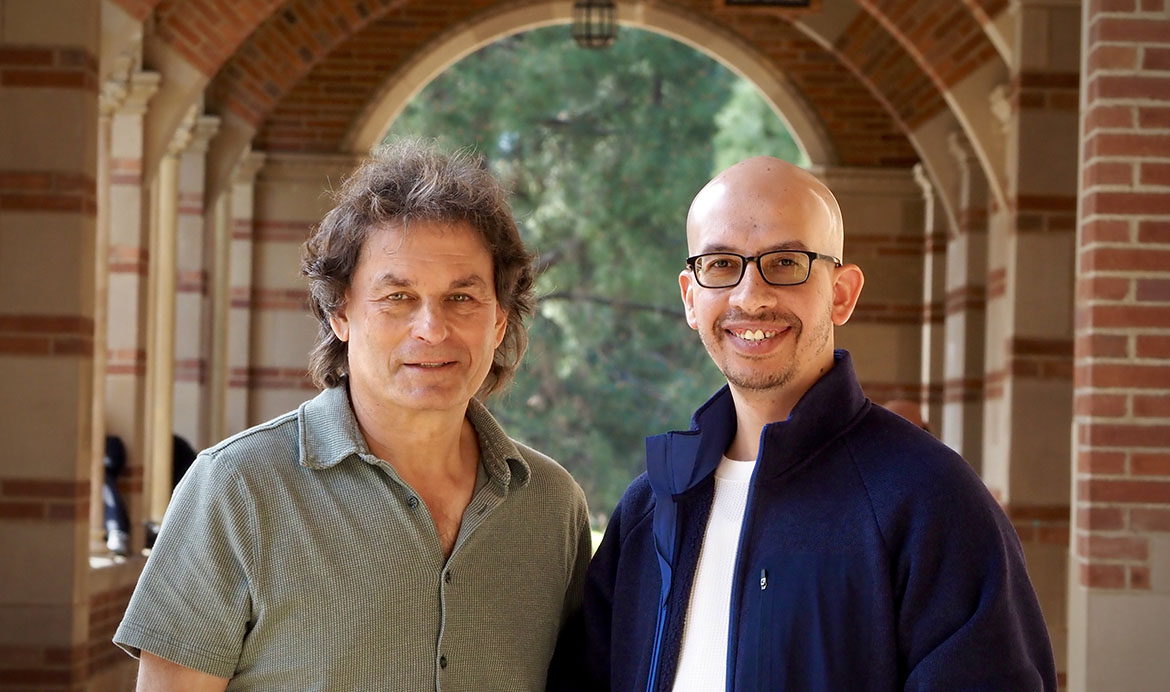
Global health researchers at the University of Otago – Ōtākou Whakaihu Waka have been enlisted to address a significant epidemic-prone disease: Rift Valley Fever. The Otago Global Health Institute is part of an international consortium that recently secured a grant from the Coalition for Epidemic Preparedness Innovations (CEPI) to advance research on the Rift Valley Fever virus and its impact on human health.
Professor John Crump, Director of the Institute, highlights the disease’s historical neglect, particularly in Africa and the Middle East, despite its potential to cause widespread epidemics. Transmitted to humans through mosquito bites and contact with infected livestock, Rift Valley Fever poses a global health threat, yet remains poorly understood. “Its epidemic or pandemic potential has major implications for human and livestock health worldwide,” Crump stated.
Urgency for a Human Vaccine
The World Health Organization and the Africa Centres for Disease Control and Prevention have recognized Rift Valley Fever as a priority for research and development. However, the disease’s burden and transmission dynamics between large outbreaks, which occur every 5-20 years, are not well characterized. Currently, no vaccines are licensed for human use, underscoring the urgent need for a protective vaccine.
As climate change progresses, expanding mosquito habitats and increasing the frequency of extreme weather events like flooding, the risk of more frequent and widespread Rift Valley Fever outbreaks grows. This development threatens health and livelihoods beyond the traditionally affected regions, making the creation of a human vaccine more critical than ever.
The REMIT Project and Global Collaboration
The project, known as the Rift Valley Fever Epidemiology and Modelling to Inform Vaccine Efficacy Trials (REMIT), is led by Professor Crump’s collaborators at the Kilimanjaro Clinical Research Institute in Tanzania. The initiative has received a CEPI grant worth up to NZ$5.7 million, marking the first such award to a coalition involving Otago. The New Zealand Government, an investor in CEPI, plays a crucial role in this global health effort.
Professor Crump emphasized the importance of New Zealand’s contribution to pandemic preparedness, stating, “We are part of the scientific effort through the University of Otago’s research strength in global health.” The project aims to assess the feasibility of large-scale vaccine trials, predict epidemics accurately, and prepare countermeasures for potential global pandemics.
Challenges in Vaccine Development
Vaccine efficacy trials, involving thousands of participants, are typically the final step before a vaccine’s licensure. However, without comprehensive knowledge of where Rift Valley Fever occurs, who it affects, and how it manifests, organizations like CEPI face challenges in planning efficacy studies to demonstrate vaccine effectiveness.
The REMIT investigators will integrate additional datasets from East, South, and West Africa. By combining diverse data and building on dynamic and spatial models, researchers aim to predict the timing, location, and frequency of human Rift Valley Fever infections across Africa.
One Health Approach and Future Directions
The team will explore whether livestock reports can serve as an early warning system for human outbreaks and will investigate public perceptions of Rift Valley Fever vaccination. Given the complex nature of the disease’s transmission, the projects will adopt a One Health approach, recognizing the interconnectedness of human, livestock, wildlife, and environmental health.
Professor Crump noted the importance of this holistic perspective, stating, “The health of people, livestock, wildlife, and the environment with climate are closely linked and interdependent.” This comprehensive approach aims to enhance understanding and management of the disease, ultimately contributing to global health security.
As the world faces increasing challenges from emerging infectious diseases, the efforts of the University of Otago and its partners highlight the critical role of international collaboration in addressing these threats. The development of a human vaccine for Rift Valley Fever represents a significant step forward in safeguarding health and livelihoods worldwide.







